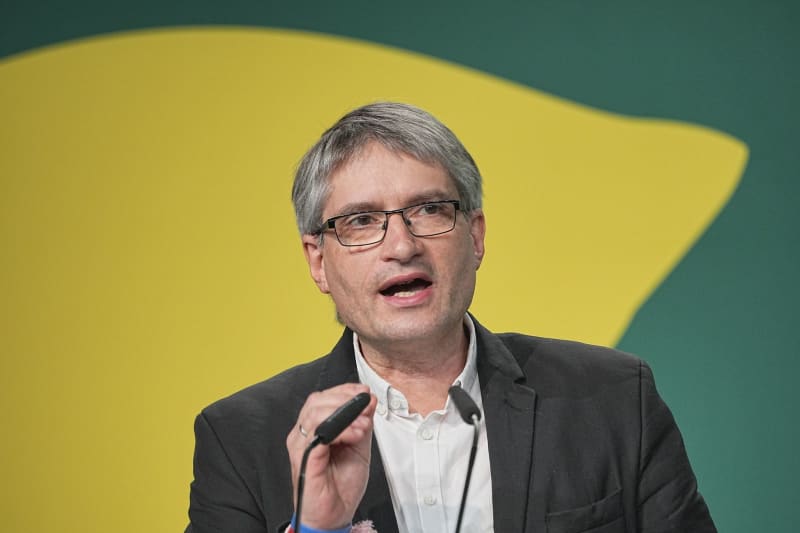Germany plans to change or withdraw the controversial gas storage fee it charges at border crossings with neighboring countries, a senior German Economy Ministry official told EU colleagues in Brussels on Thursday.
The levy was introduced in autumn 2022 and reimburses the company Trading Hub Europe, which is responsible for organizing the German gas market, for costs incurred to ensure security of energy supply.
Abolishing the levy would significantly reduce the cost of gas transit through Germany and support the joint efforts of Germany’s neighbors to move away from imported Russian gas, said Sven Giegold, the top deputy to Economy Minister Robert Habeck.
“We will support greater integration of energy markets in Europe,” Giegold said.
The levy not only affects companies and consumers in Germany, but also importers in neighboring countries who purchase gas via German pipelines.
Giegold said he assumes the levy will be levied within Germany to cover the costs of securing energy supplies.
The levy was last extended until April 2027. From July it will rise from the current €1.86 ($2.01) to €2.50 per megawatt hour.
Giegold said the German government has agreed to repeal the levy. Because it would require a change in German law and could not come into force until early 2025.
He said it was never the German government’s intention to hinder the integration of gas markets in Europe.
“It’s quite the opposite. This levy was used to finance the filling of gas storage facilities, which has helped us maintain a more independent and stable market in Europe,” he said.
Central and Eastern European countries in particular have criticized the higher transit costs resulting from the levy, which makes importing gas from Western Europe more difficult.

